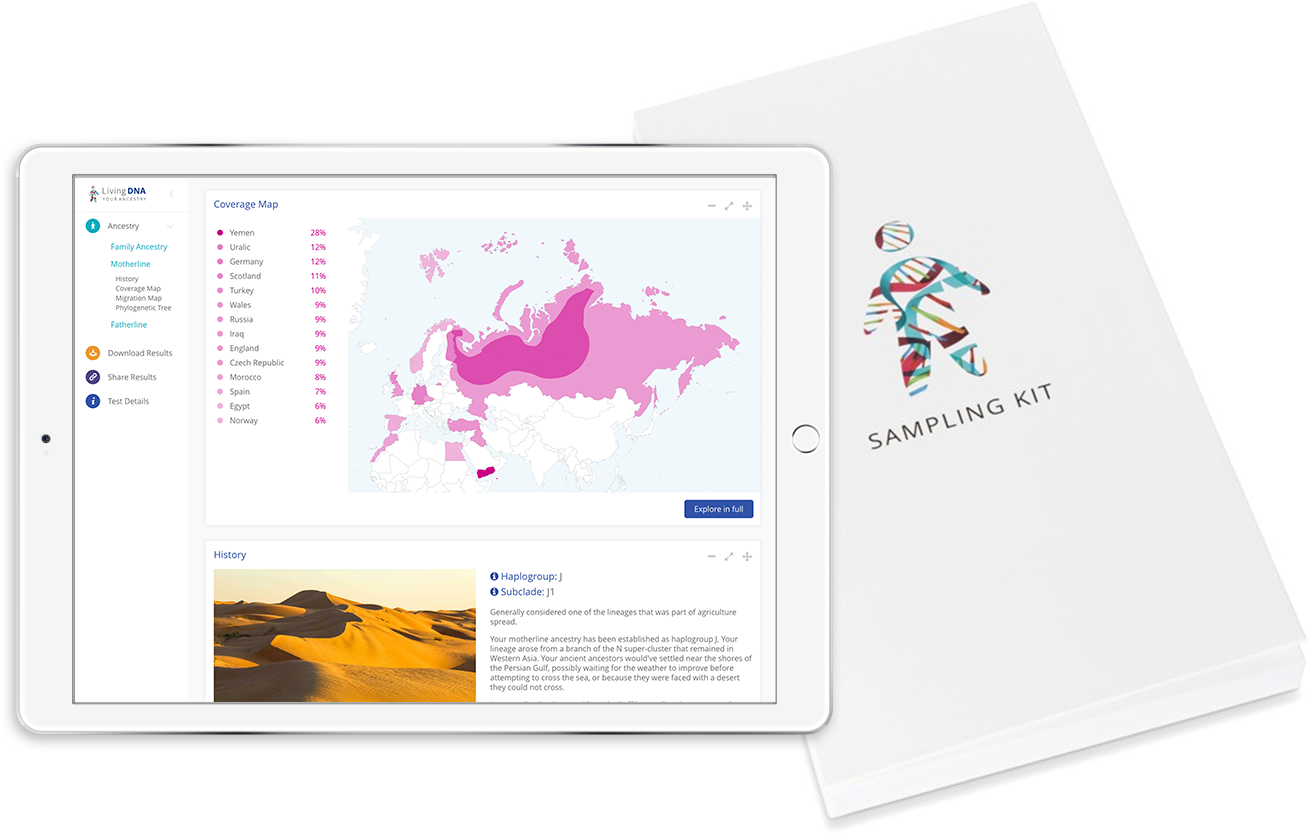A paternity test will determine with absolute accuracy whether or not the alleged father is related to the child.
How is a paternity test done?
A home DNA kit can be ordered, the alleged father(s) and the child will need to take a mouth swab. It is recommended that the mouth swab is taken from the cheek, and is swabbed for a duration of 30 seconds.
These will then need to be sent back to the laboratory in order for the swabs to be tested, the laboratory will examine the samples in order to determine the biological relationship. Most paternity tests examine 16 different markers however the DNA Worldwide paternity test will examine at least 21-68 different markers, this is more than the legal standard and is more than most laboratories in the United Kingdom.
The greater the number of markers tested, the more conclusive and accurate the test will be, therefore a DNA Worldwide test will provide peace of mind for all involved. The test is ran twice to ensure it is accurate, and results should be delivered with 3-5 working days.
What markers do we test?
Our paternity test examines short tandem repeat markers (STRs), these markers are a repeating sequence of 2-5 base pair of DNA. These markers are tested in all kinship DNA tests, we do not directly examine the Y-chromosome because that will not define exactly who is the father. As the Y-chromosome is the same throughout the paternal line, therefore the child's Y-chromosome will be the same as the alleged father's brother for example.
Can you find out the father before the child is born?
A paternity test can be taken to determine the father before the child is born, a noninvasive paternity test will require blood samples from both the mother and the father to be taken. Once again its important to disclose all information to determine the best and most appropriate course of action to take.
Non-invasive paternity test
The best way to explain a non-invasive paternity test is to look at what the opposite is, an invasive paternity test. This paternity test requires cells to be obtained from either the amniotic fluid or placenta. These cells are accessed by a needle, that is inserted into the womb.
A non-invasive paternity DNA test requires a blood sample from both of the mother and the alleged father and therefore doesn't require a needle to be inserted into the womb.
A non-invasive paternity test can be carried out as early as 9 weeks to determine a biological relationship. The baby’s DNA can be found in the mother's blood stream, 9 weeks after conception. There is no additional risk involved with extracting a blood sample from the mother, other than the normal risk of having her blood taken.
Once everything has been agreed, a nurse will be dispatched to your home or to another suitable location, to take the blood samples. A courier will then be dispatched to collect the sealed samples.
Prenatal CVS/Amnio DNA paternity test
Once this situation has been clarified and this is the best route for you to discover the father of the child, a member of the DNA Worldwide team will arrange a suitable appointment to have the CVS or Amniocentesis samples collected.
Before attending the appointment it's important that the mother blood type is provided to the foetal specialists. Each attendee will need to bring two passport photos and a photo ID, such as a passport or a driving license.
A couriers will then collect the samples that have been extracted, these will be delivered to our laboratory and results will be returned within the next 7-10 days.
In 5% of cases, patients will not be able to undergo a CVS procedure, this will be due to the position of the placenta. If this is the case for mother, the next option is to wait until the 16 week gestation when an amniocentesis can be carried out. Amniocentesis is a process whereby the amniotic fluid is sampled by using a hollow needle, which is inserted via the uterus.
Do you need a paternity test?
If you need a paternity test, then please contact our dedicated team on 01373 800 130 where they will be happy to discuss the best option for you.



.jpg)

.jpg)


